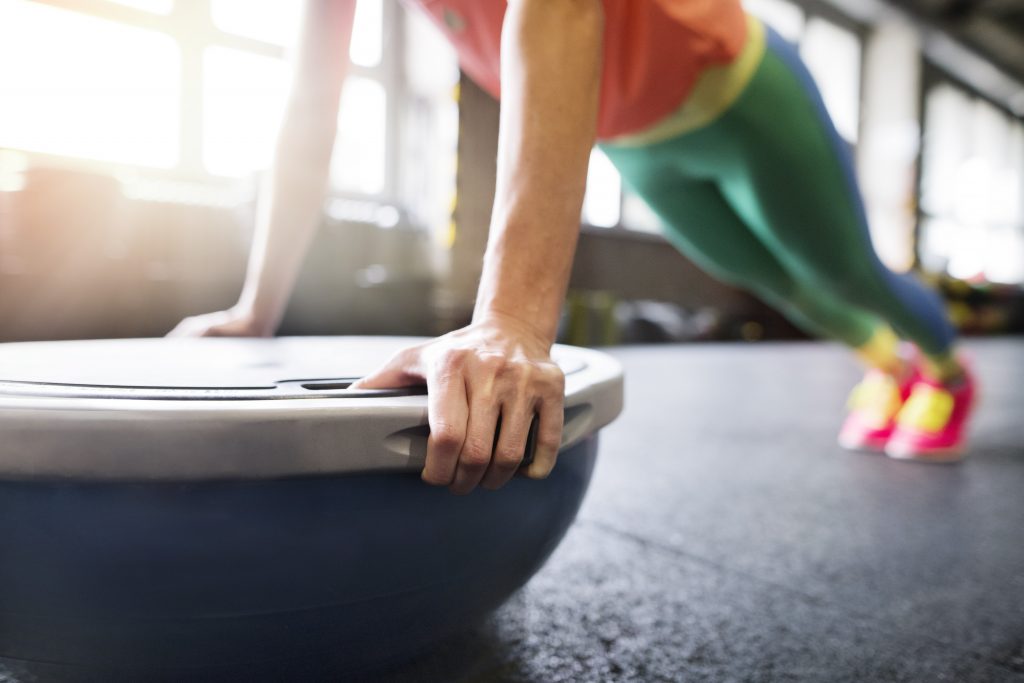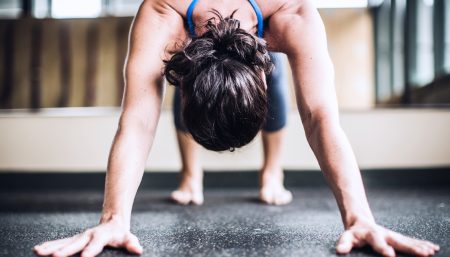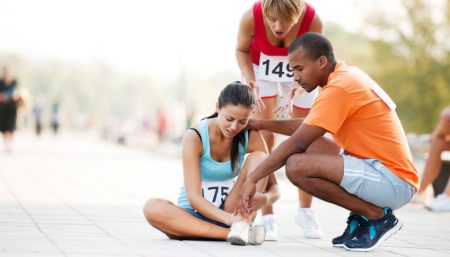
The neck is part of a long flexible column, known as the spinal column or backbone, that extends through most of the body. The cervical spine (neck region) consists of seven bones (C1-C7 vertebrae), which are separated from one another by intervertebral discs. These discs allow the spine to move freely and act as shock absorbers during activity.
The spinal cord is a very vulnerable structure which connects the brain to the body and is in the middle of the cervical spine, protected by bony structures.
Various Sports can contribute to neck injuries of varying degrees of severity, including neck fractures and cervical spinal cord injuries (SCIs). A fractured (broken) neck is a very serious matter, but in many cases, the patient can make a full recovery and regain all neurological function.
Sports vs. Neck Injury
Biking
- Always Wear a Helmet: Many cycling injuries are head or neck injuries, the proper usage of SNELL, American National Standards Institute (ANSI) or American Society for Testing and Materials (ASTM)-approved helmets can also help prevent SCI (Spinal Cord Injuries) injuries. It is essential that the helmet fit properly and that the helmet strap is closed and tightened so that it doesn’t fall off while riding or in a fall.
- Children under one year of age should not be carried on a bicycle: necks are not strong enough to withstand the weight of a helmet on their heads.
- Bike a minimum of three feet from parked cars, in case a door swings open.
- Do not wear headphones.
- Always obey local traffic regulations.
- Never grab onto a moving vehicle to get a “free” ride.
- Use “hand-signs” to indicate the direction of turns
Football
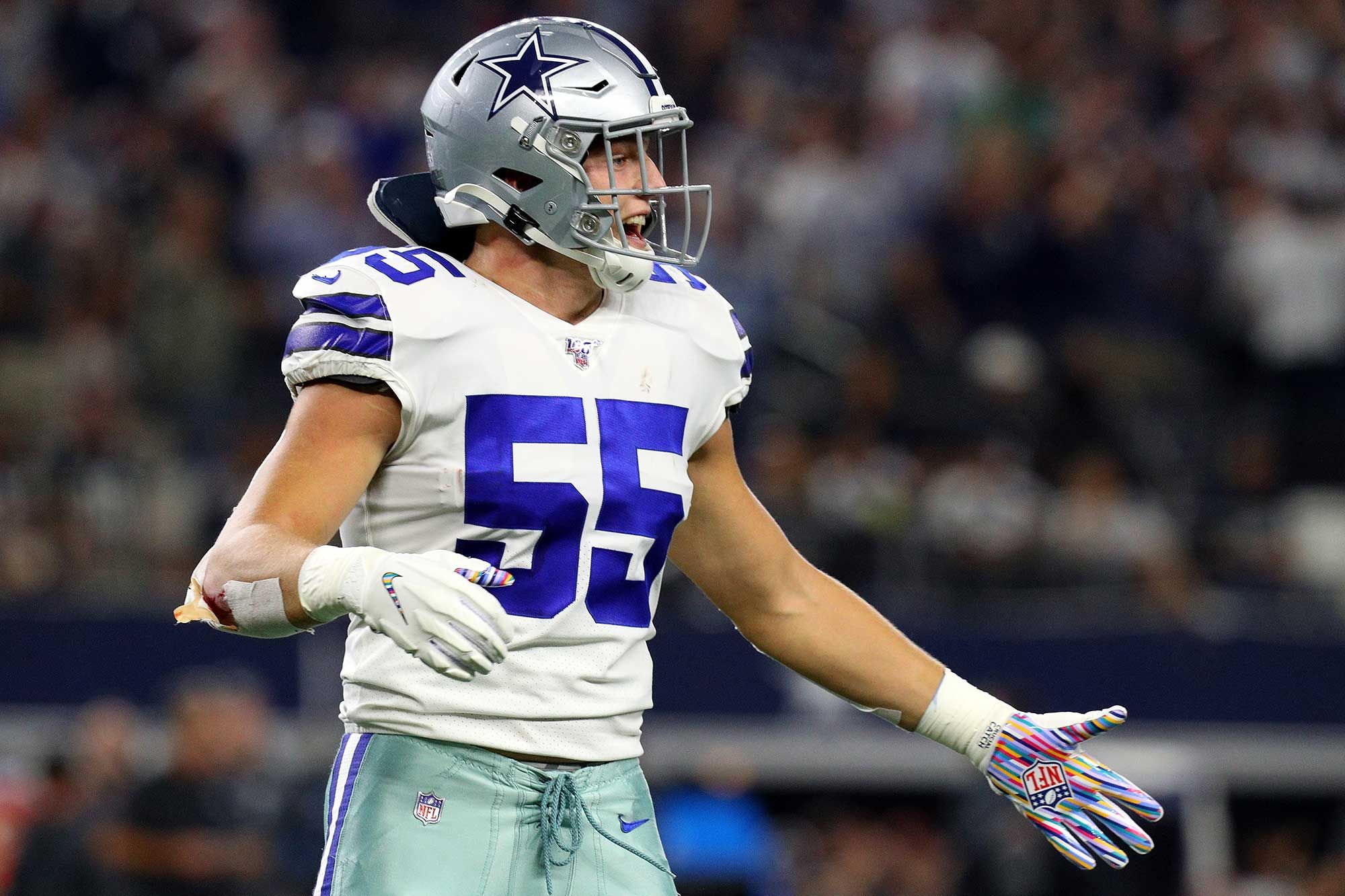
- Football players should practice adequate preconditioning and strengthening of the head and neck muscles to prevent injury.
- Coaches and officials should discourage players from using the top of their football helmets as battering rams when blocking, hitting, tackling and ball carrying. Coaches, physicians and trainers should ensure that the players’ equipment is properly fitted, especially the helmet, and that straps are always locked.
- Coaches must be prepared for a possible catastrophic SCI. The entire staff must know what to do in such a case, because being prepared and well-informed may make all the difference in preventing permanent disability.
- The rules prohibiting spearing should be enforced in practice and games.
- Ball carriers should be taught to not lower their heads when contacting the tackler to avoid helmet to helmet collisions.
Skateboarding/In-line Skating
- Inspect skateboard or skates for any damaged parts and replace them before using again.
- Always wear a helmet, fastened securely to the head.
- Check the area for rocks, debris, cracks in the pavement or
- Wear well-fitting clothing, knee and elbow pads, wrist braces and gloves.
Swimming/Diving
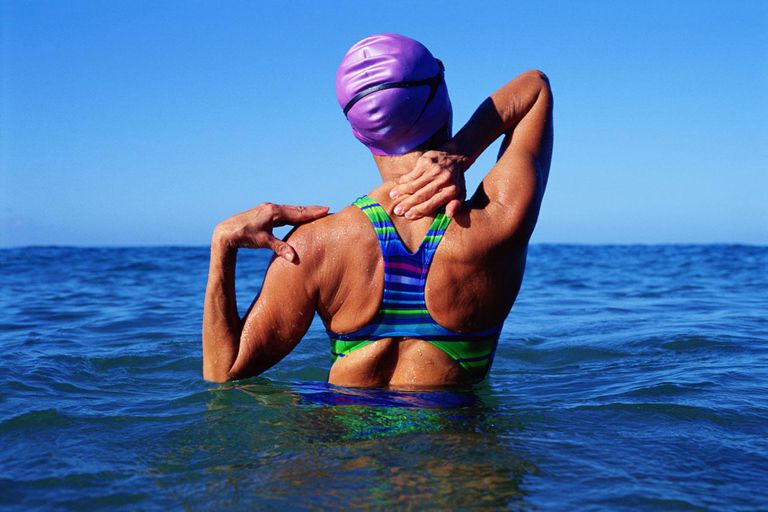
- Do not dive in water less than 12 feet deep or in above-ground pools. Check the depth and check for debris in the water before diving.
- Follow all rules and warning signs at water parks, swimming pools and public beaches.
- The first time in a body of water, walk into the water.
- Never push or shove somebody into the water and do not allow children to do so.
General Sports
Always supervise younger children and do not let them use sporting equipment or play sports unsuitable for their age. Do not let them use playgrounds with hard surface grounds.
Do not participate in sports when are ill or very tired.
Discard and replace sporting equipment or protective gear that is damaged.
Never slide headfirst when stealing a base.
In case of injury, ensure that an emergency action plan is in place and has been reviewed by all medical personnel, administrators, coaches and players.
Non-medical professionals should refrain from touching or moving an athlete who might have a neck or spinal injury and should never remove any helmets, pads or other equipment from an injured athlete; the team’s athletic trainer and/or other on-site medical staff will assess the injured athlete and determine whether he or she requires an ambulance.
Disclaimer
The Content is not intended to be a substitute for professional medical advice, diagnosis, or treatment. Always seek the advice of your physician or other qualified health provider with any questions you may have regarding a medical condition.
